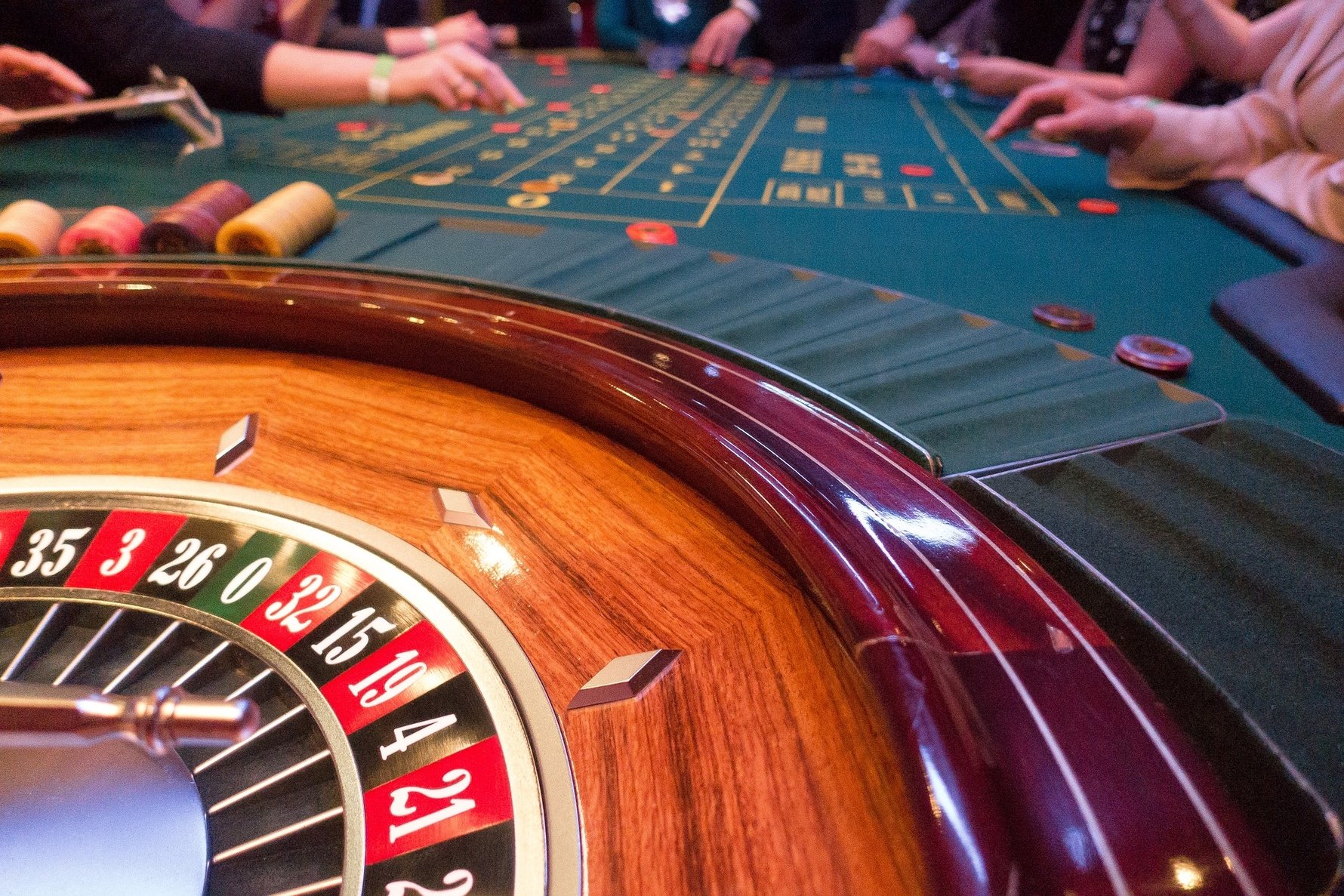
Betting has been an integral part of human entertainment for millions of years, transforming through societies and periods to become the exciting casino games we know today. From the historical Chinese and Romans, who engaged in multiple forms of gambling and chance, to the advanced gaming floors of today’s casinos, the allure of gamble and winning has fascinated individuals across the globe. The change from basic dice games and primitive betting setups to the lavish environments of modern casinos reflects considerable strides in both social norms and technological.
As cultures evolved, so too did the complexity of gambling activities, with gambling activities emerging as a unique category of entertainment and excitement. These games have transformed from informal gatherings centered around traditional tables to sprawling, lavish establishments designed to entice players. Today, we delve into this fascinating journey, examining how historical practices laid the foundation for the diverse and thrilling casino games that bring pleasure to millions worldwide.
spintax
Ancient Wagering Traditions
Wagering has deep roots in human history, with indications of activities of chance dating back to ancient societies. Archaeologists have discovered that as far back as 3000 BC, the Chinese were using primitive forms of gambling with dice made from bones. Similarly, ancient Mesopotamians engaged in wagering activities, often relying on the tossing of lots or dice to determine outcomes. These early forms of gambling served not only as recreation but also played vital roles in social and cultural practices.
The people of Egypt also were involved in betting activities, with games that included betting on the outcomes of various occurrences, including sports and spiritual festivals. Items such as dice and depictions of players from ancient tombs demonstrate that betting was a common pastime. It provided both leisure and a means of engaging in social interaction, often linked to festive occasions or major gatherings. This activity showed the universal appeal of chance and rivalry throughout the ages.
In ancient Rome, wagering became a prevalent practice among the populace, as evidenced by references in literature and the establishment of guidelines around certain activities. Romans enjoyed a variety of betting activities, from betting on horse races to playing games similar to modern-day board games. The legal structure surrounding these activities began to take shape, establishing the foundations for gambling regulations that would grow in the centuries to come. The prevalence of betting during this period set the stage for the development of gambling house games in the future.
The Evolution of Gambling Games
Casino games have gone through significant transformations from their roots to the modern-day entertainment selections. In historical civilizations, gaming was commonly connected to ceremonial practices, with dice games found in the ancient Mesopotamian region and betting on the outcomes of events in old Rome. These early forms of gambling laid the foundation for the organized games we see today. The change from informal gambling to systematic games occurred as societies began creating rules and venues for wagering, showing cultural values and practices.
The Middle Ages saw the rise of card games, which gained popularity among the nobility of Europe nobility. Games like the first and the game baccarat became essential components in social gatherings. The invention of printing technology additionally aided the spread of playing cards, making them more accessible to the common people. As gambling houses began to increase, these card games transformed into different forms that catered to wider audiences, eventually leading to the creation of casinos as specialized venues for gaming.
The 1900s marked a significant point in the evolution of casino games, with the ascendancy of commercial casinos in Las Vegas and other gambling hotspots. This era saw the introduction of games like video slots and modern variations of table games, complete with advanced graphics and detailed betting structures. The advent of online casinos in the late 1990s further changed the gaming industry, allowing players to access a great variety of casino games from the safety of their homes. Today, casino games persist to progress, blending time-honored elements with advanced technology to create immersive experiences for players around the globe.
Contemporary Gambling Regulations
In these years, the area of gaming laws has changed significantly, particularly as technology and online gambling have become more prevalent. Authorities around the planet have introduced numerous laws and guidelines to ensure that gaming activities are performed fairly, with responsibility, and clearly. These regulations often encompass factors such as permits, advertising, player safeguards, and responsible gambling measures. Authorities aim to mitigate issues such as gambling addiction and cheating while promoting a just gaming environment. https://58winv.net/
The rise of internet gambling sites has required a different approach to regulation. Many legal areas have established specific online gaming structures that serve internet-based gaming, enabling operators to provide their services within the law. These frameworks often require operators to obtain licenses, adhere to strict security standards, and offer assistance options to assist players. By vigilantly monitoring online activities, regulators can more effectively protect players from potential harm and make sure that gambling is conducted in a secure manner.
Moreover, contemporary gambling laws are increasingly focusing on sensible gambling initiatives. Many casinos and internet-based sites now implement features such as player exclusion, deposit limits, and breaks to help players control their gaming habits. Educational campaigns aimed at educating about the dangers of gaming are also frequent. As the sector continues to expand, the focus on responsible gaming continues to be a fundamental principle of governing efforts, showing a commitment to encouraging a safe and pleasant gaming experience for all gamblers.